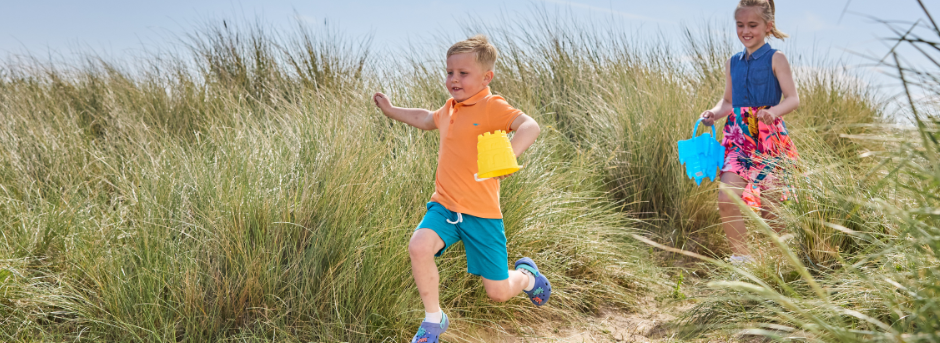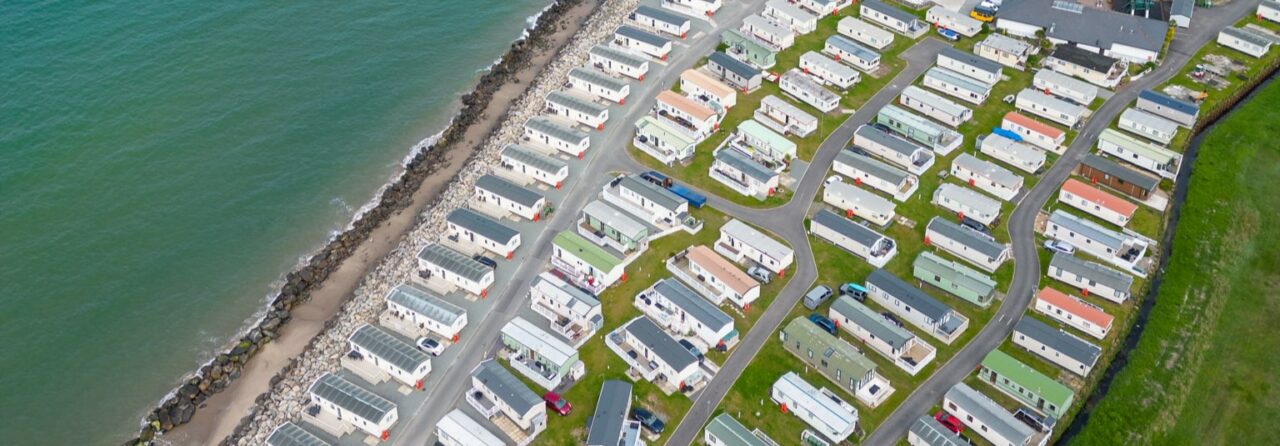A holiday home is more than just a place to make memories with your nearest and dearest: it’s a solid investment reaping plenty of rewards.
Current holiday homeowners will know that the benefits of purchasing a unit far outweigh the costs. It offers the availability of year-round holidays at your disposal. And a little slice of seclusion away from home to call your own. Once the pitch licence agreement has been signed, you have years (if not decades!) to invest time and memories into your second home.
Prospective holiday home buyers are right to weigh up whether investing in a payment plan will be worth it in years to come. One question that frequently occurs is ‘how many years will I be able to use it for’? In this post, we answer any queries you may have about the lifespan of a holiday home. We hope to offer you some insight into what to expect – and how long to expect it for!
Things to know
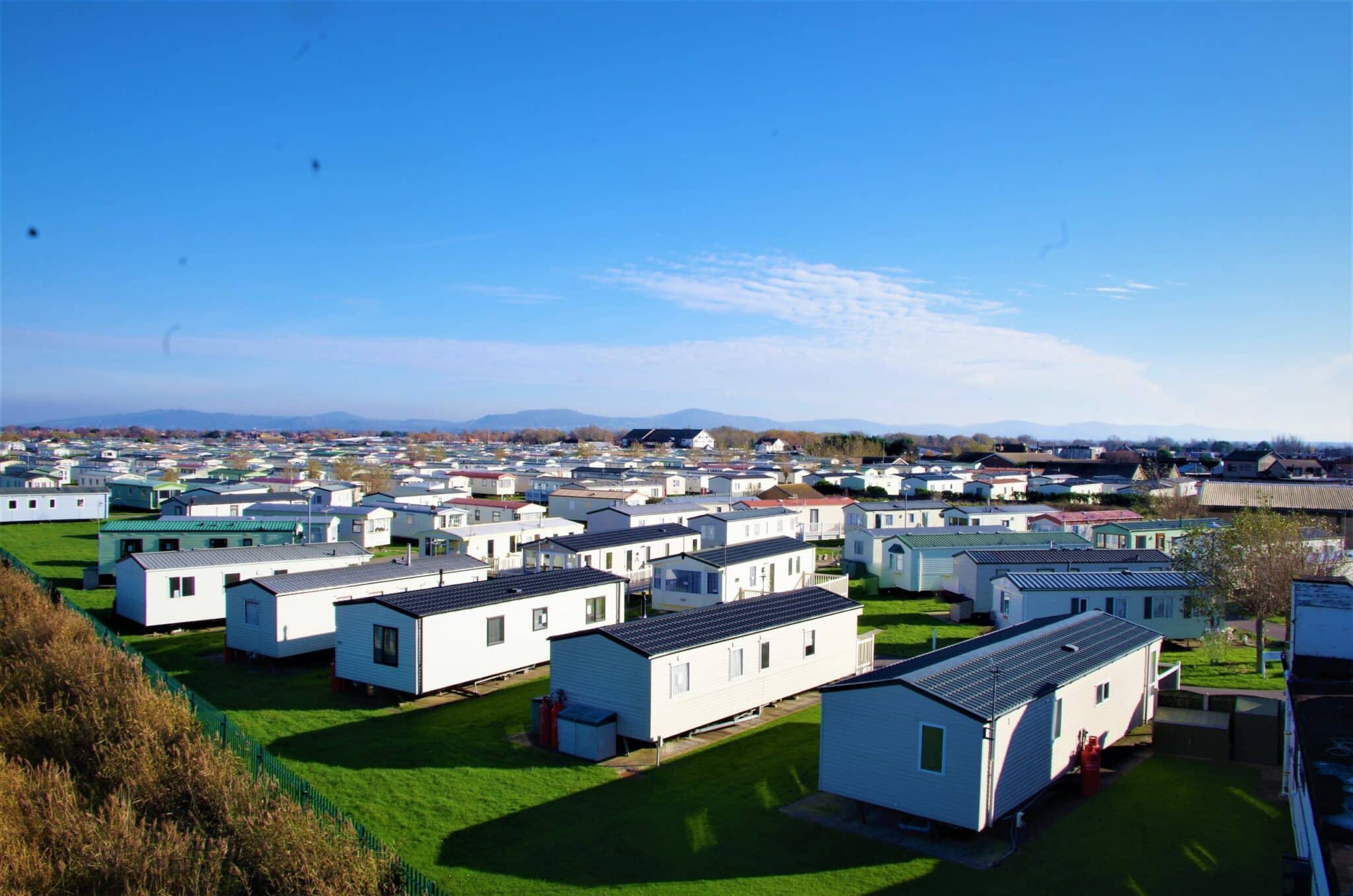
There are two aspects to bear in mind when discussing holiday home lifespan. The first is the length of time a unit will be physically habitable. The second is the number of years a holiday park will allow you to keep your holiday home on pitch. The former relates to the condition you keep it in, works and repairs carried out, the functioning of its systems, and any health and safety or insurance red flags.
The second relates to the contract agreed between yourself as an owner and the holiday park you choose. There are two factors to consider before signing a pitch licence agreement at the time of purchase. The first is the age of the caravan, and the second the number of years you’ll be allowed to remain on the park in that unit.
The lifespan of a holiday home

Some owners choose to upgrade their units after a few years, as features, interiors and designs soon become outdated in the tech and fashion spheres. However, it’s also possible to upgrade every single aspect of your interior and renew (almost) every element of the exterior. This means that some homeowners who have invested time and money into their unit will enjoy their holiday homes for 20 to 30 years.
Highly looked after and well-maintained holiday homes can host families and their friends for decades – although many do decide to upgrade their van completely, normally in a part-exchange deal, for a newer and shinier model.
How long can I keep my holiday home on park?
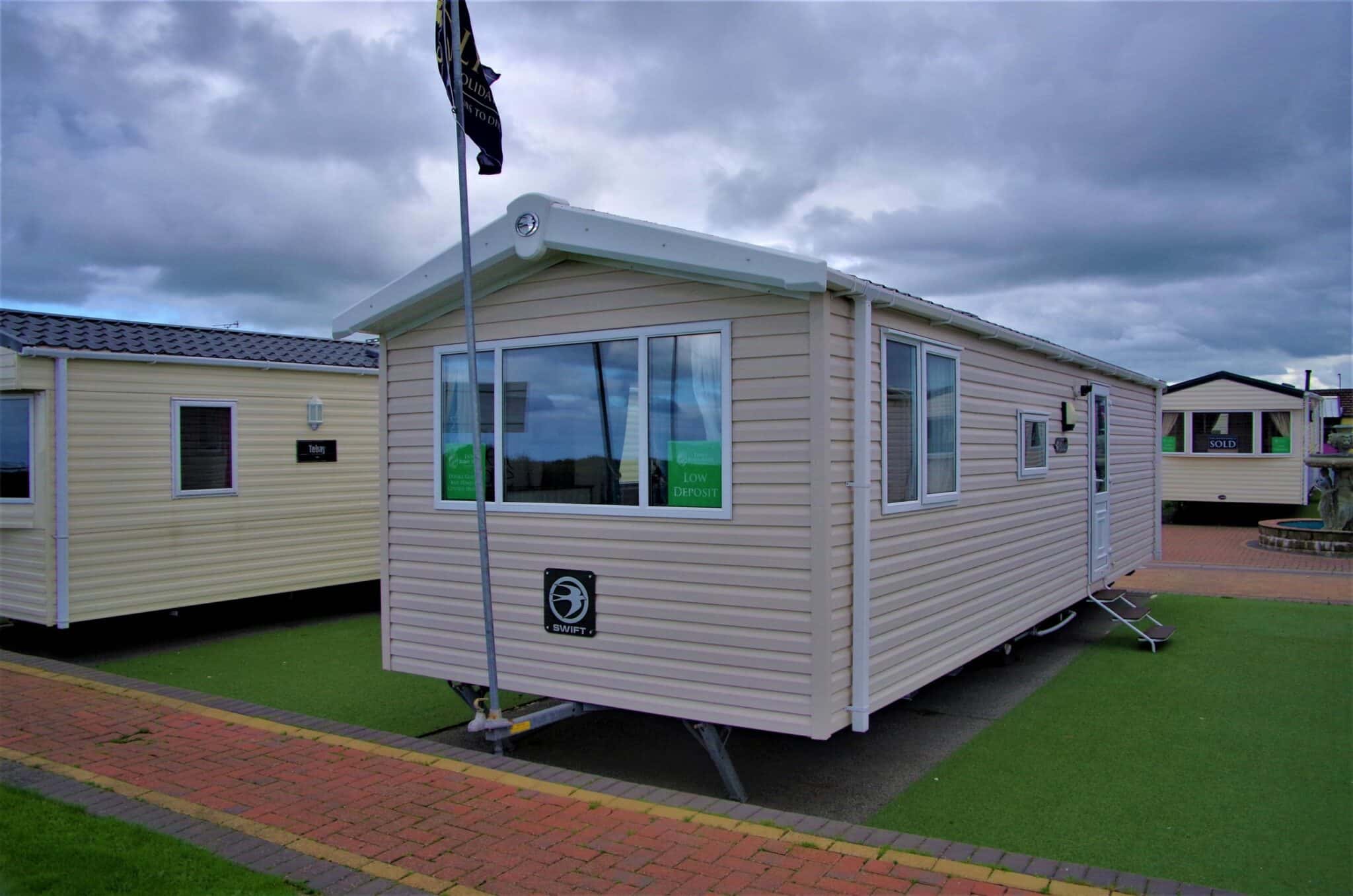
Your pitch licence agreement, or site licence agreement, will contain the ins-and-outs of your obligations as an owner. Not only does it outline expectations (such as showing respect to other owners and park staff, complying with site rules, and paying site fees on time) but will also include details on the age limit of the caravan allowed on the pitch, and your rights surrounding selling your unit after it has surpassed that number.
Most holiday parks allow owners to keep their holiday homes on-site for 10-20 years, providing its in-keeping with the aesthetic values of the park itself. Lodges tend to have a longer lifespan on park – but again, check your pitch licence agreement before signing so you’re clear on what to expect.
The sales team will assess the length of time your holiday home is allowed to stay on park by its condition, functionality, and aesthetic value.
What is a pitch licence agreement?

This is a legally binding document that outlines the terms and conditions of your agreement. The document solely relates to your purchase of a holiday home on park, and the specific pitch. It is of vital importance to read and understand all clauses in this document, as there is ‘no going back’ once this has been signed!
It should usually cover:
- The selling price, details of the condition, age, make and model of the holiday home
- Details on the depreciation of holiday homes
- Sections on when a holiday home no longer meets pitch licence and park standards
How does a pitch licence agreement relate to a holiday home lifespan?
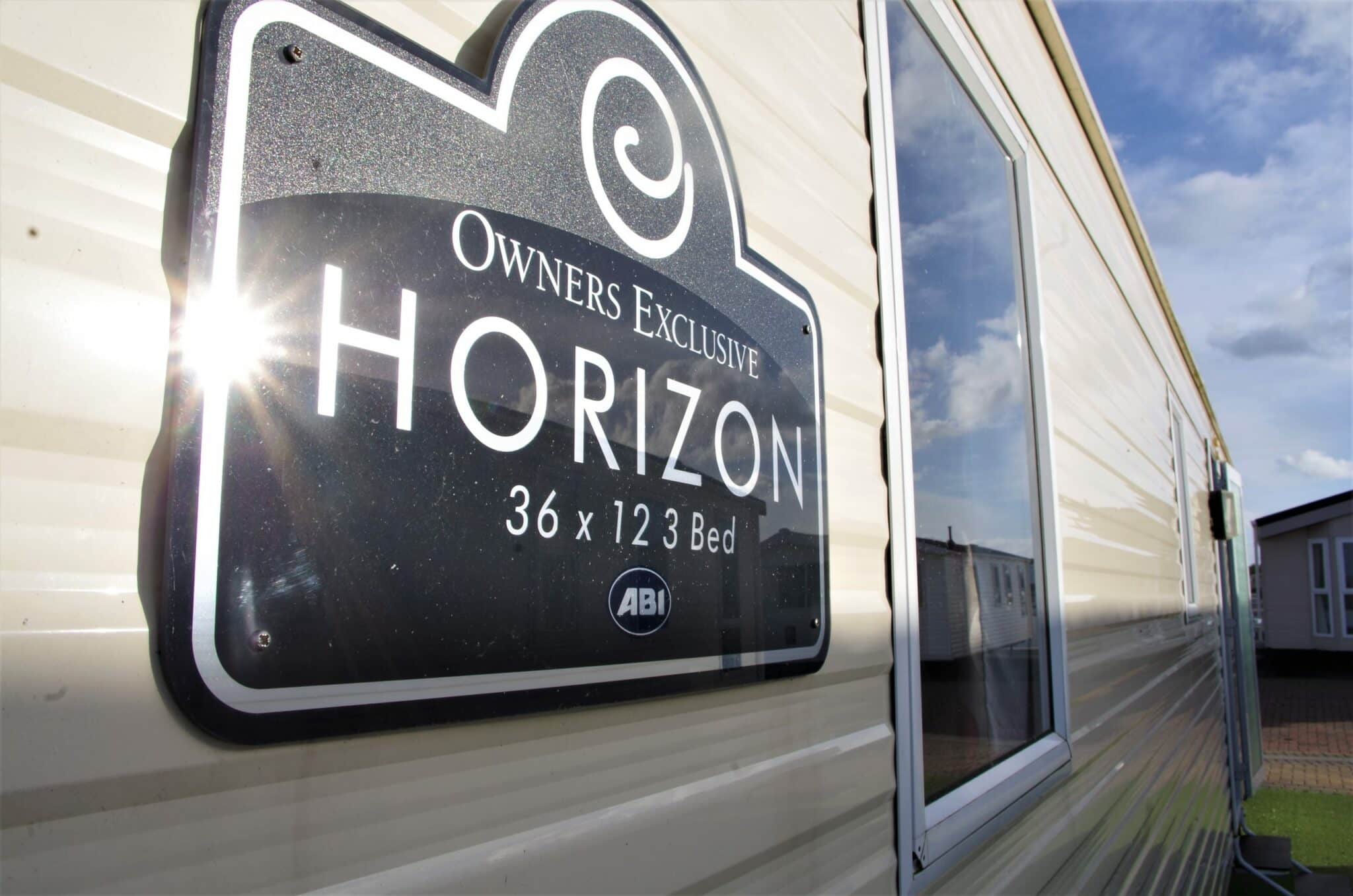
Most pitch licence agreements make your responsibilities clear. For example, to keep your unit in a “good state of repair both visually and structurally and so as to retain its mobility in a safe, habitable state.” This means that it’s your legal obligation to carry out repairs and maintenance and install appliances, and pay for all the relevant safety checks to keep your home from home well-run.
Maintaining your holiday home not only contributes to a longer lifespan to live in. Furthermore, it means you won’t be in breach of your pitch licence agreement, and therefore are at less risk of being removed from the park.
Carefully reading the pitch licence agreement is vital: here, you will find clauses that relate to you selling, upgrading, or gifting the holiday home after its lifespan is up. For example, some parks highlight that if the holiday home is more than 10 years old, it cannot be sold to a third party on the park. However, it can be sold to someone off of the park (providing you cover the cost of de-siting and transport.)
Many parks offer to buy holiday homes from owners that are less than 10 years old. However, it’s uncommon for a park to purchase a holiday home that has passed its 10th birthday back from the owner. Because of this, it’s a widely accepted idea to upgrade your holiday home before it turns ten years old.
What do I do when my holiday home’s lifespan has been met?

It’s always a good idea to think ahead and know your options. So picture this: in years to come, your beloved holiday home has hosted decades worth of friends. It’s been a meeting point for barbecues and rendezvous and offered a sanctuary from the outside world. It was even the place your grandchild took their first steps.
You may wish to terminate your pitch licence agreement and say goodbye to your home from home. Perhaps your family has outgrown the unit, or the interior is a little outdated. Whatever your reason for saying goodbye, your holiday park after-sales team are on hand to discuss your options.
These options can include trading in your caravan (part-exchange), arranging a private sale, or moving it off-site completely. It is however very common for owners to upgrade to something newer (and better!) If you’re keen to stay on park, and even on the same pitch, your aftersales team will be more than happy to assist.
How do I increase the lifespan of my holiday home?

There’s plenty of things you can do to help extend the lifespan of your holiday home. Take a look at the list below:
- Ensure proper water maintenance: leaking pipes or leaks in the roof are your nemsis. To prevent this, ensure your seals and seams, pipes and connectors are all in working order. If you spot a leaky spot or pipe, tend to it immediately. Try resealing the shower, or dry the wet patch immediately and find the source of the water.
- Take care of your floors: frequently trodden floor area can suffer from wear and tear like scratches, stains, and springiness. Inspect your hallways and doorways frequently, and add some extra support underneath the unit to prevent spring.
- Look upwards: despite carefully structured engineering to withhold damp and leaks, the skylights and air vents are the weakest points. Constructed of plastic and surrounded by a sealant, this makes them more prone to damage from sunlight, rain, and frost. Checking your skylights for signs of weakness or leakage. Replacing them is much more cost-effective than dealing with a damp interior
- Safeguard the chassis: the manufacturer normally covers the chassis with a protective paint which prevents corrosion. But it’s definitely worth giving your chassis extra protection with an additional skirt. For coastal parks, we recommend a galvanised cover to protect it against salty sea air. This will also tidy up your holiday home aesthetically as well as prolonging the lifespan.
- Clear your gutters: it only takes a few minutes to clear your gutters from debris if you’ve invested in a handy stepladder. Clearing leaves is better in the long run as collected water leads to damp, mould, and corrosion.
- Perform proper drain down and winterisation: water is your biggest enemy when it comes to damage. Not only does it introduce damp and decrease the lifespan of your holiday home. But it can also lead to your pipes freezing over bursting in cold weather. Take a look at our comprehensive guide to winter drain down in 10 easy steps here.
Are you a holiday homeowner and do you have any other tips you’d like to share with fellow owners? Comment below to contact the marketing team!
